Caprock Chronicles: Pinkie Roden: The Benevolent Bootlegger of West Texas, Part Three
- Oops!Something went wrong.Please try again later.
Editor’s Note: Jack Becker is the editor of Caprock Chronicles and is a Librarian Emeritus from Texas Tech University. He can be reached at jack.becker@ttu.edu. Today’s article is the last of a three-part series about Pinkie Roden by frequent contributor Chuck Lanehart, Lubbock attorney and award-winning history writer.
Pinkie Roden, despite his status as a bootlegger, jailbird and whiskey salesman, was a philanthropist and tireless promoter of good causes in West Texas.
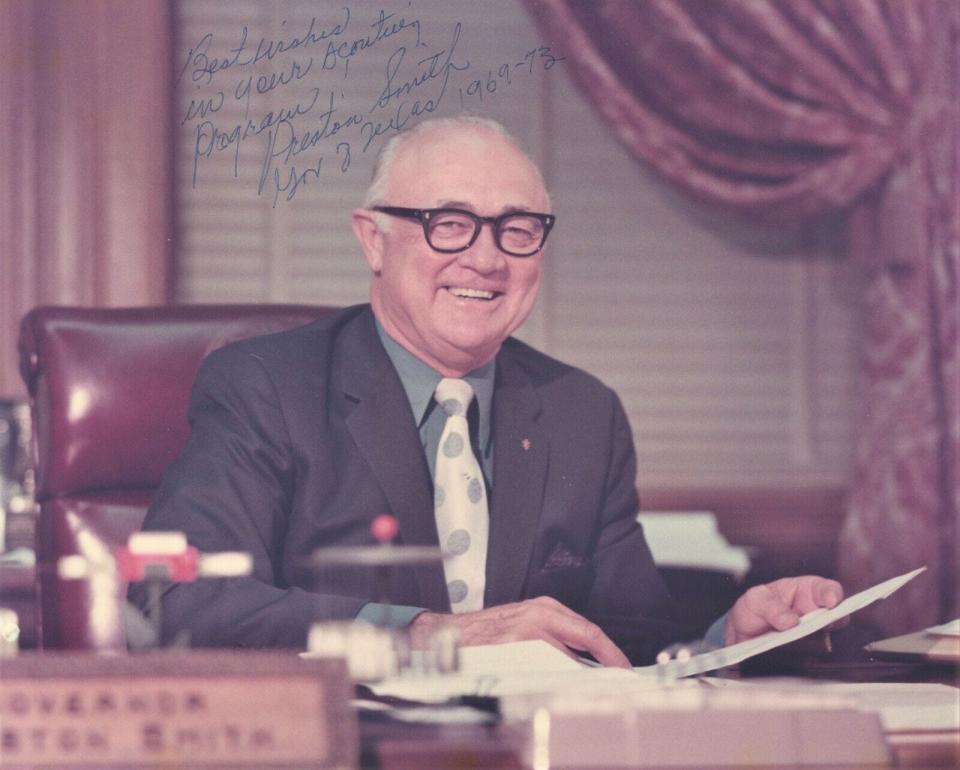
In Odessa, his home and business offices were located on the southside, populated primarily by the minority community. His charitable donations assisted countless youth projects and programs supporting underprivileged Black residents, including the Boy’s Club, day care centers and churches.
Pinkie, who grew up poor in small-town Texas, always seemed to take the side of the underdog. The blue-collar town of Odessa, just a few miles west of the glittering wealth of rival Midland, was certainly the underdog. When the two neighboring cities competed for the establishment of a coveted state university, Pinkie naturally supported his adoptive home of Odessa.
The University of Texas owned valuable mineral rights in the Permian Basin, and the university benefited greatly when wells struck oil beginning in the 1920s. By the late 1950s, there was a push to create a branch campus in the vicinity of Midland and Odessa as a sort of reward for the Permian Basin providing its great natural resources to benefit the Austin institution. It was to be called the University of Texas of the Permian Basin (UTPB).
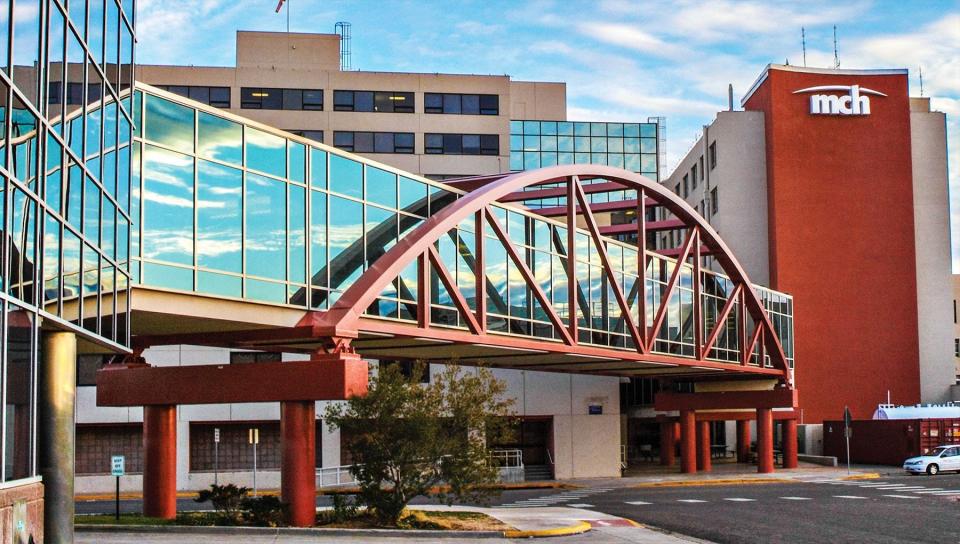
In the early 1960s, Pinkie hired a powerful Austin lobbyist to assist in the legislative efforts to establish UTPB in Odessa. The lobbyist, Bob Bullock, proved to be a valuable advocate for the cause, and Bullock went on to serve as assistant to Governor Preston Smith, Secretary of State, Comptroller and Lieutenant Governor.
Pinkie’s UTPB legislation made some progress through the 1960s, but never made it past Gov. John Connally’s desk. Midland County had supported Connally’s early runs for governor; Ector County had not. Midland promoters convinced Connally to veto a bill that would have given Odessa the new college.
But by 1969, new Texas Gov. Preston Smith was in office, and Smith had enjoyed a greater margin of victory in Ector County than even in his home county of Lubbock, thanks in large part to Pinkie. One day, Smith addressed a crowd of about 60 people representing rival UTPB promoters from Midland and Odessa. He recognized only one person in the crowd, Pinkie Roden.
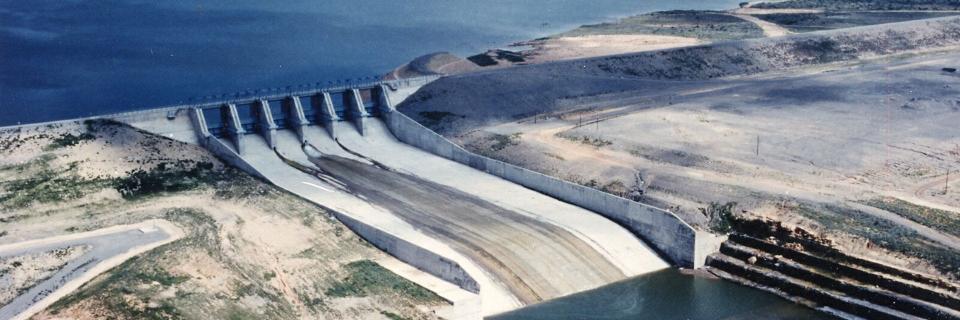
The UTPB bill was finally signed into law in 1969 and the college opened in Odesa in 1972. Pinkie was christened “the Father of the University of Texas of the Permian Basin.”
In the early 1970s, friends in Lubbock told Pinkie Texas Tech University was considering establishing a regional teaching hospital in the Permian Basin to support the new Tech Medical School. He formed a coalition of like-minded Ector County residents to push through a bond election to update Odessa’s Medical Center Hospital. The facility was transformed into a state-of-the-art referral center for the Permian Basin area. In 1979 — with Pinkie as a catalyst — Tech chose Odessa for their teaching hospital over Midland, Big Spring and Andrews.
Water has always been a challenge in arid West Texas. In 1965, an engineer named O.H. Ivie recommended creating a new reservoir by damming the confluence of the Colorado and Concho Rivers in Coleman County. Thirsty residents of West Texas loved the idea, but developers in the Texas Hill Country coveted the water flow into the complex of lakes west of Austin.
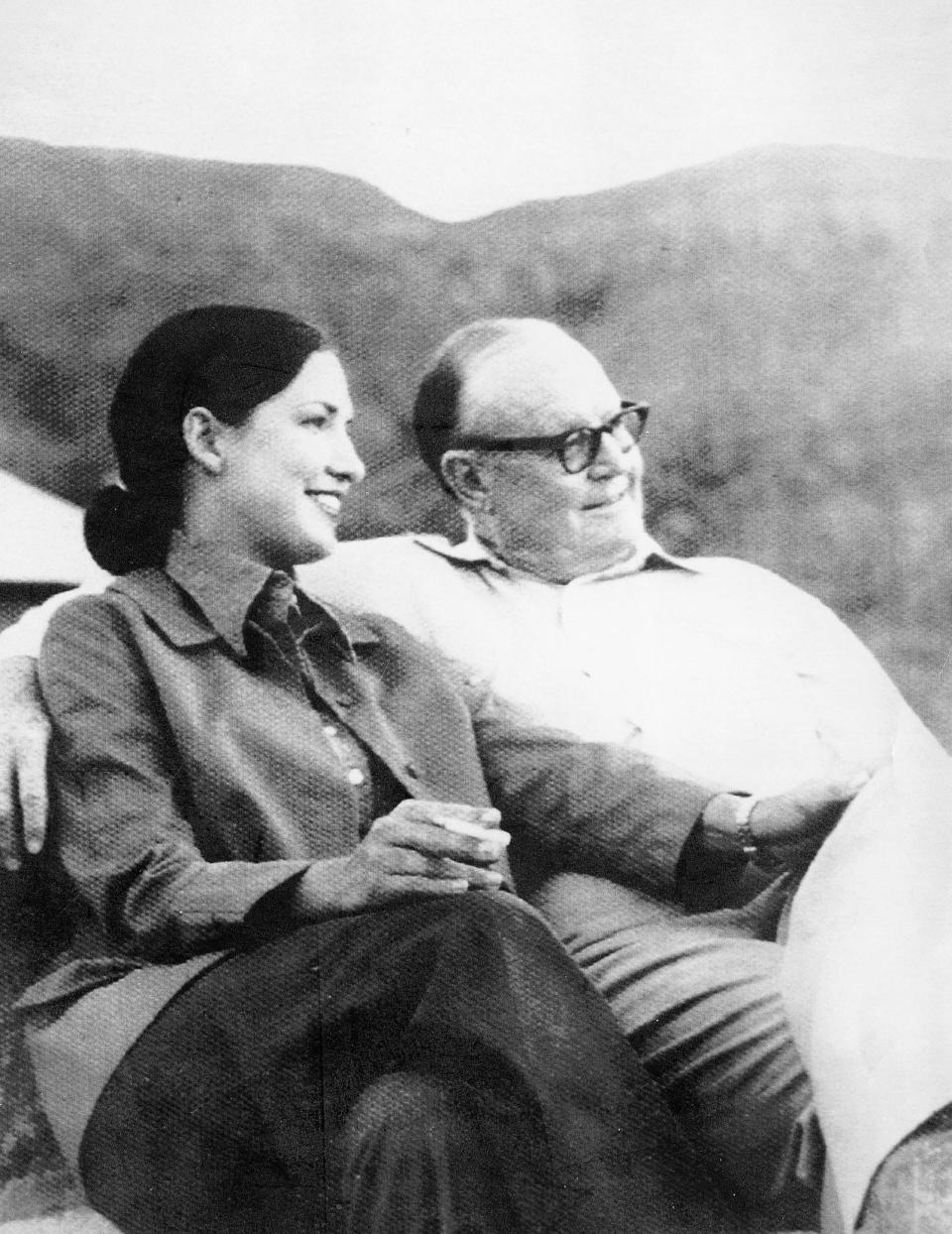
Pinkie rolled up his sleeves and went to work. In a 25-year effort, he pulled strings to place friendly faces in the right places in Texas political posts, including the Texas Water Commission. The Lower Colorado River Authority sued to stop the project, and the case dragged on for years until it was finally resolved in favor of West Texas. In April of 1990, the dam was completed, and the 19,000 surface-acre O.H. Ivie Reservoir began to fill. Few knew Pinkie was the political force behind the project.
At its peak, Pinkie’s Inc. was Texas' largest chain of retail liquor stores. The company expanded to 26 locations in ten cities with sales in the nation's top ten during 1970s. Pinkie created the Bon Vivant credit card and founded Acme Company, which provided tax consultation, management and accounting services. He also owned Odessa’s only full-service hotel, Inn of the Golden West, between 1966 and 1977.
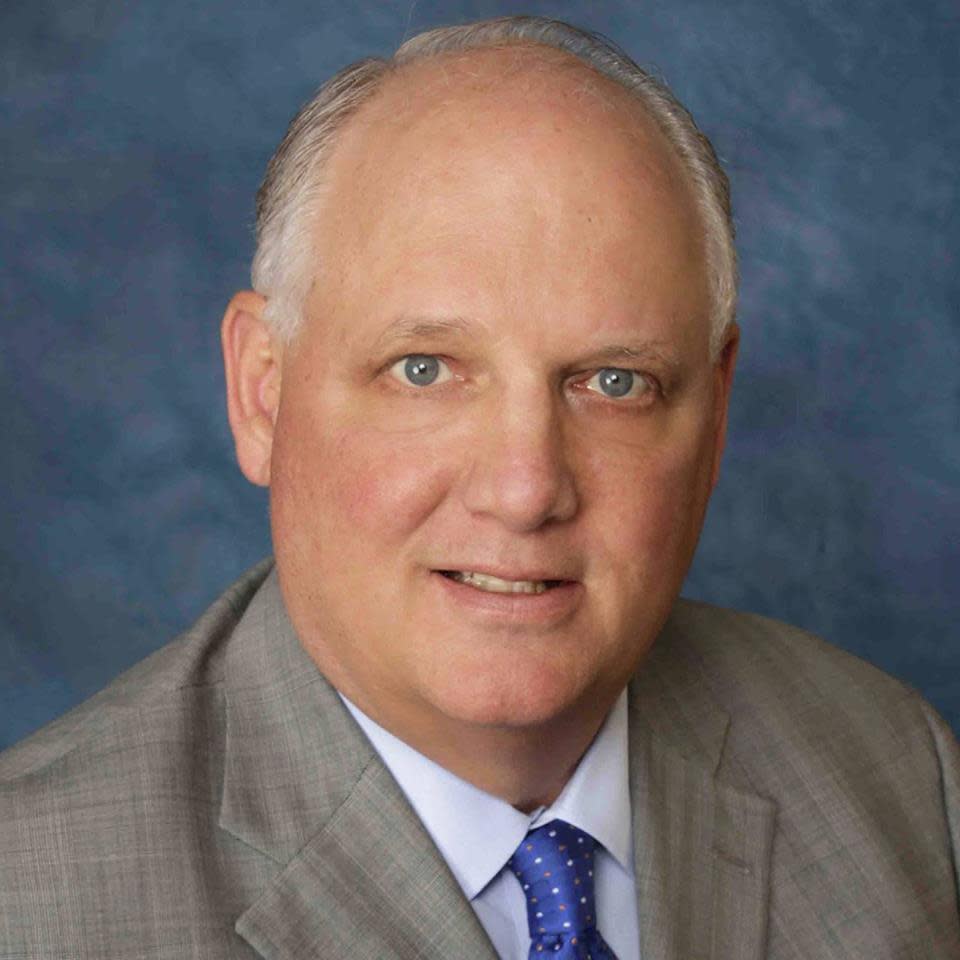
Beginning in the 1970s, Pinkie often retreated to his ranch, Madera Springs, in the remote Davis Mountains of far West Texas, where he married his second wife, Jane, 28 years his junior. He adopted her child by a previous marriage. (His first marriage produced no children.) He ran cattle and horses on his ranch and enjoyed racing his horses in New Mexico and elsewhere. Pinkie died of cancer at his home on Feb. 27, 1989, age 77.
Today, Pinkie’s Inc. operates 16 wine and spirits retail stores with locations throughout West Texas, employing more than 145 people in stores in Abilene, Amarillo, Lubbock, Midland, Odessa, San Angelo and Sweetwater.
This article originally appeared on Lubbock Avalanche-Journal: Caprock Chronicles: Pinkie Roden: The Benevolent Bootlegger of West Texas, Part Three

